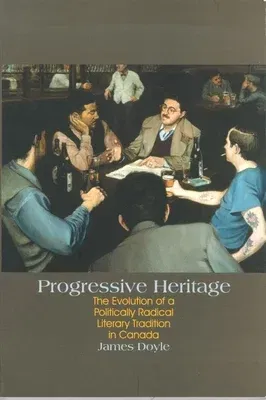Most critics and literary historians have ignored Marxist-inspired
creative literature in Canada, or dismissed it as an ephemeral
phenomenon of the 1930s. Research reveals, however, that from the 1920s
onward Canadian creative writers influenced by Marxist ideas have
produced a quantitatively substantial and artistically significant body
of poetry, drama, fiction, and non-fiction.
This book traces historically and evaluates critically this tradition,
with particular emphasis on writers who were associated with, or
sympathetic to, the Communist Party of Canada. After two chapters
surveying the work of anti-capitalist writers of the nineteenth and
early twentieth centuries, the book concentrates on the development of
Marxist-inspired writing from the 1920s to the end of the twentieth
century.
Besides devoting attention to both social and theoretical backgrounds,
this study provides critical commentary on work by prominent writers who
spent part of their literary careers as Communist Party members,
including Dorothy Livesay, Patrick Anderson, Milton Acorn, and George
Ryga, as well as less well known but more fervent Communists such as
Margaret Fairley, Dyson Carter, Joe Wallace, Stanley Ryerson, and
Jean-Jules Richard. Although primarily concerned with the older
generation of Marxists who flourished between the 1920s and the 1970s,
the book also includes a chapter on the post-1970s "New Left."

